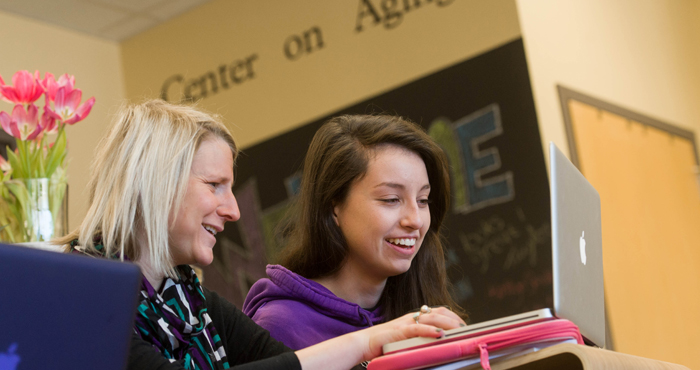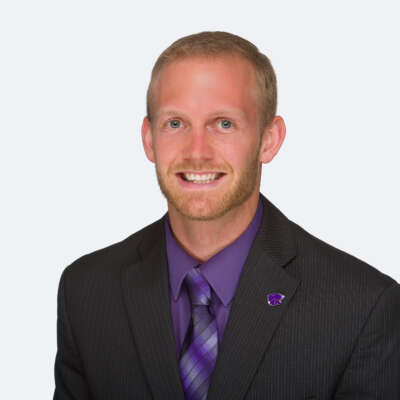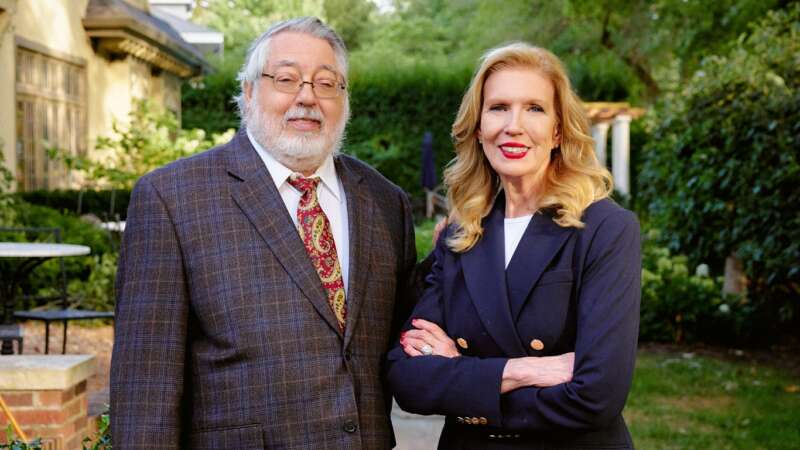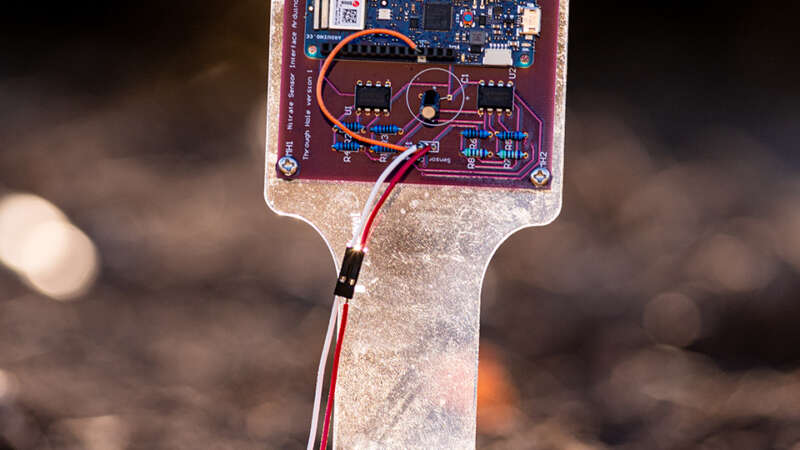Advancing elder care gives students hands-on experience
Since 1975, the K-State Center on Aging’s goal has been to remain at the forefront of gerontological research, while simultaneously providing students with knowledge that they can use across a variety of subject areas.
“The Center on Aging at K-State is an interdisciplinary unit of passionate faculty and staff who are dedicated to teaching, research and outreach in the field of aging,” said Erin Yelland, associate professor, and interim director of K-State’s Center on Aging.
K-State’s Center on Aging not only provides students with amazing learning opportunities but also provides them with the ability to earn a very respected degree in a growing field. “For degree-seeking undergraduate students, we provide both a secondary major and minor in gerontology,” said Yelland. “At the graduate level, we offer a 100% online master’s degree in gerontology as well as an online graduate certificate. Our master’s degree program is ranked third in the country.”
The Center on Aging strives to be the leader in gerontological research. “Aside from our outstanding degree programs, the center conducts cutting-edge, collaborative research and disseminates the most up-to-date knowledge across the state and country — particularly related to person-centered care,” said Yelland.
“The Center is responsible for PEAK 2.0 (Promoting Excellent Alternatives in Kansas), a program that educates and coaches nursing home administrators and providers on how to focus on the person first. As a result of our work, participating long-term care facilities in Kansas have seen substantial declines in depressive symptoms, pressure ulcers, and catheter use and urinary tract infections, and substantial improvements in resident satisfaction. The PEAK 2.0 program and our staff are nationally renowned experts in the area and provide a breadth of knowledge for our students and the state of Kansas.”
K-State’s Center on Aging is unique in that, while it is a very narrowly focused subject area, the knowledge it provides is far reaching into many different areas of study. “Topics related to aging are relevant for nearly every major K-State provides,” said Yelland.
“From working to enhance safety with aging agricultural producers to designing indoor and outdoor spaces that are age-friendly, there is a 99.9% chance our programs can better prepare you for the career of your dreams. We strive to provide the best educational experience for our students and help K-Staters stand out as well-prepared and qualified career candidates and professionals.”
Philanthropy is the driving force behind the center’s research success. “Philanthropy is the backbone of the Center on Aging; we cannot accomplish all that we do without the support of our generous donors,” said Yelland. “Through philanthropy we have been able to provide numerous student scholarships, support faculty and their cutting-edge research, purchase equipment and tools that help us better train our students and community-based service providers, engage in collaborative efforts that enhance the quality-of-life and care for older adults, and travel nationally and internationally to teach and learn from others.”
K-State students have had very positive things to say about what they have learned from the Center on Aging. “The biggest thing that I’ve learned from the Center on Aging specifically is that the process of aging is both lifelong and universal,” said Anika Roy, senior in nutrition and health. “Aging is something all humans can relate to regardless of race, gender, religion, sexuality, et cetera. We are all aging every single day and each of our lifestyle choices can tremendously affect how we age.”
Roy hopes that students can be made aware of the social issues that come with advancing age through the knowledge they gain from the Center on Aging. “I hope future students learn how to recognize ageism and consequently prevent ageist words and behaviors,” said Roy. “The more we belittle or ostracize the older population, the less intergenerational relationships that occur and I’m a firm believer of their mutual benefits.”




